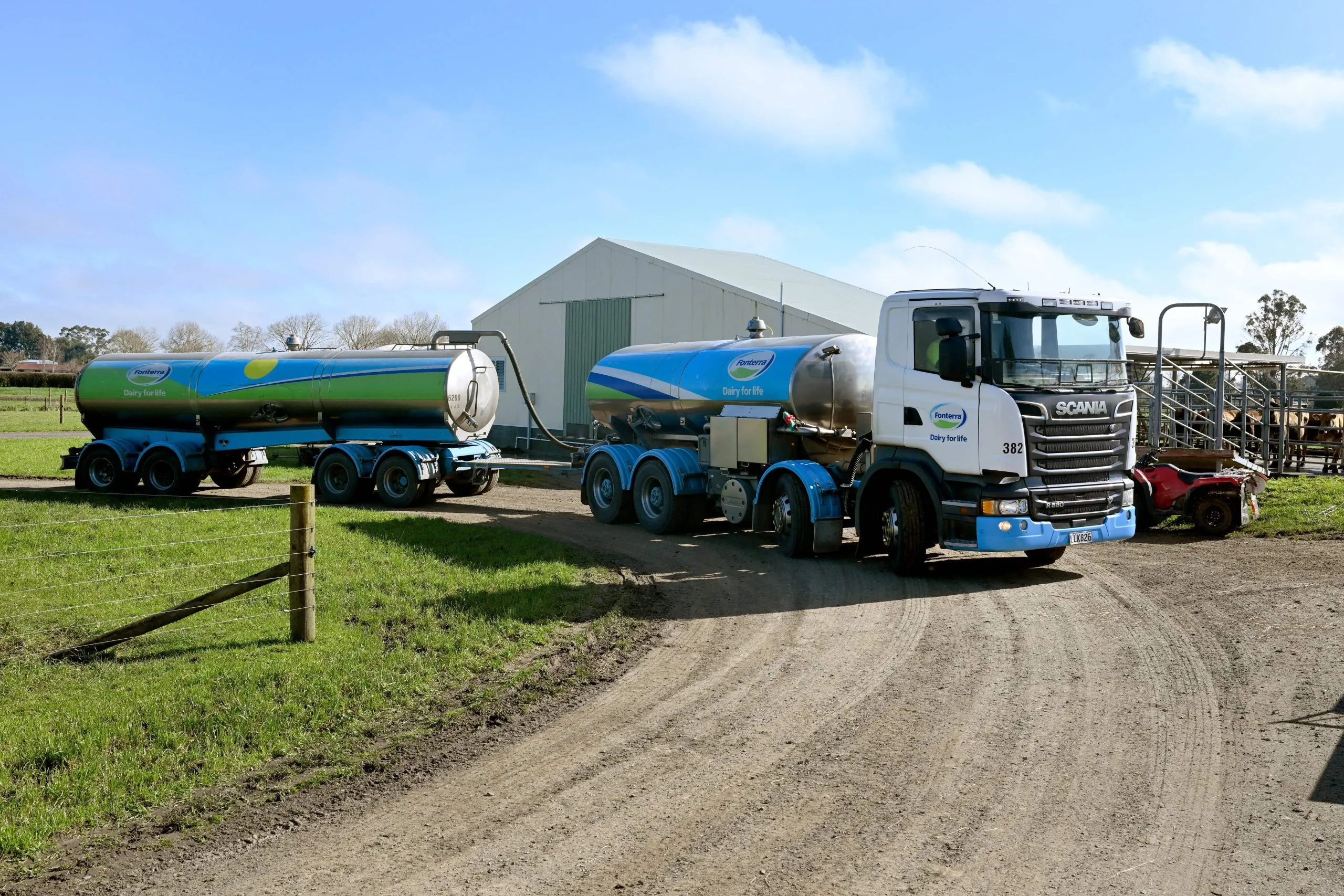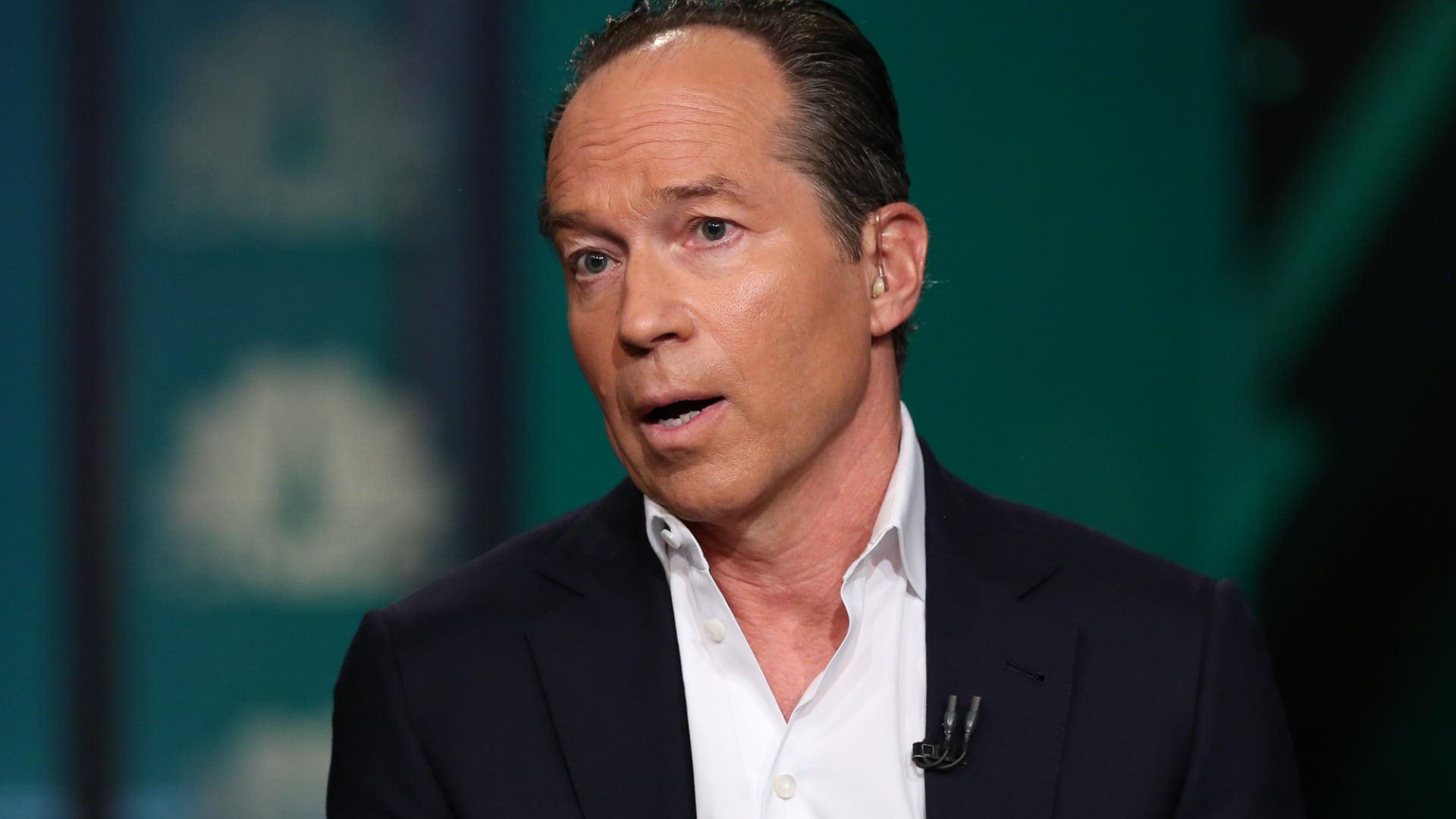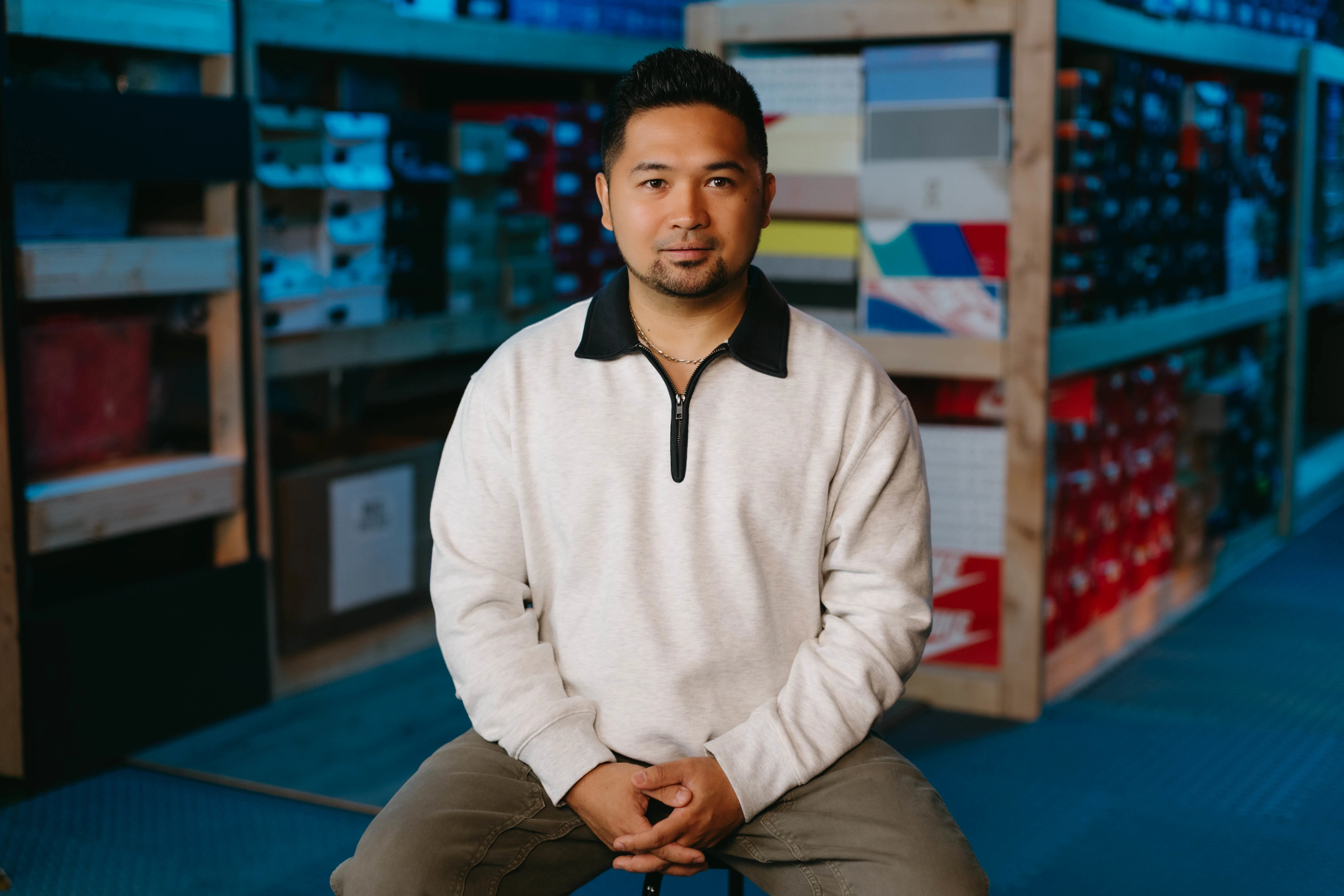Copyright newsroom

Anchor, Mainland, Fresh and Fruity, Kāpiti, Perfect Italiano – all Fonterra-owned brands that will soon become the property of France. Well, a French dairy giant anyway – and that’s not something NZ First leader Winston Peters is happy about. He’s written an open letter to Fonterra’s farmer shareholders cautioning them against voting for the sale, and suggesting a change in regulations might be in order, but it’s unlikely to hold much sway. “Farmers are up for a lot of money out of it,” says BusinessDesk senior reporter Riley Kennedy. “There’s been a lot of hand-wringing going on over [the sale of iconic brands] but a lot of dairy farmers are like, ‘Yeah give me the money, bring it on’. There’s a few farmers that are on the fence. I can think of a handful that are like ‘It’s probably not a good idea, but I’m going to vote for it anyway because I want my money’. “And then there’ll be some that will be dead against it and they’ll vote no. “The deal is $4.2 billion, which is probably the largest transaction we’ve ever seen in New Zealand, and $3.2 billion of that is going to be returned to farmers via a capital return.” For the average Waikato dairy famer with about 200,000 shares, that means about $400,000 landing in their bank accounts just before Fieldays next year. Expect a few more Toyota Hiluxes to go out the door, but Kennedy says many of them will be paying down debt – farmers, he points out, are good business people. Some lengthy regulatory issues need to be signed off internationally beforehand, but Kennedy says the approval from farmers “will fly through”. “It’s still going to be New Zealand milk. Fonterra signed a long-term agreement to supply the milk to those brands … it’s just going to be owned by someone else. “They’re confident this is the right thing to do. But there’s no doubt that these are iconic brands.” Lactalis is locked into a 10-year raw milk supply deal with a 36-month notice period, but it’s what happens afterwards that is worrying the objectors. Kennedy points out that dairy products are perishable and going elsewhere for them isn’t practical. “The milk has got to be collected and processed within a very short amount of time. So I can’t see a scenario right now where they could go and find milk in another country and then bring it to New Zealand and process it quickly. “They could get milk from other dairy companies in New Zealand, that’s a possibility … [but] I can’t see it happening.” And under the Dairy Act they can’t squeeze farm gate prices down. It’s a move from Fonterra consistent with it concentrating on its core business – processing milk from the farm gate and turning it into white gold, selling it to China in milk powder form. But there’s so much more to the company than that. “People don’t quite understand how big this business is,” Kennedy tells The Detail. “We just think about it as the butter on our supermarket shelves but it actually is a very large business in Australia – they collect milk from farmers in Australia for this business as well. “If you were going to cut this business out of Fonterra, which they have, about 44 percent of the milk comes from Australia. They collect milk from dairy farmers as well. So it’s a massive business outside of New Zealand.” Fonterra and Lactalis have done business deals before, with the French company buying Fonterra’s South American assets two years ago. “In the past 12 months they’ve bought a big yoghurt business in North America too, so they’re very experienced in doing deals and they know where the value is, where others are missing out on.” Kennedy says Fonterra just isn’t good at marketing its consumer goods, but Lactalis has the scale and experience in that field. He says consumer brands have underperformed for Fonterra and suggests there’s an argument these brands should perhaps never have been a part of its core business.



